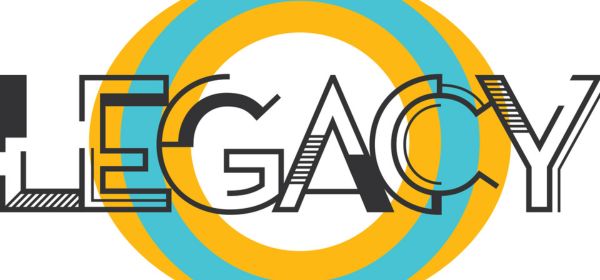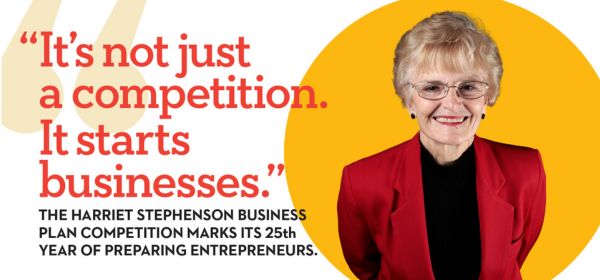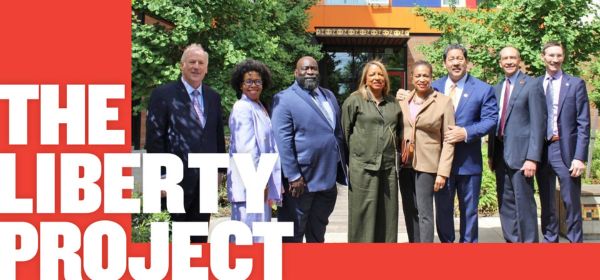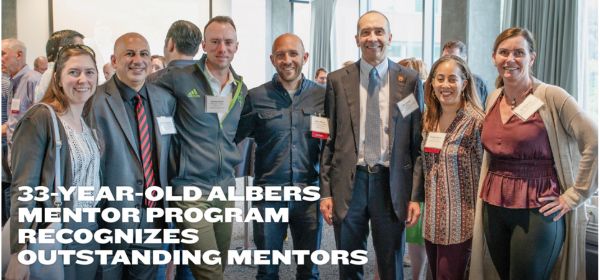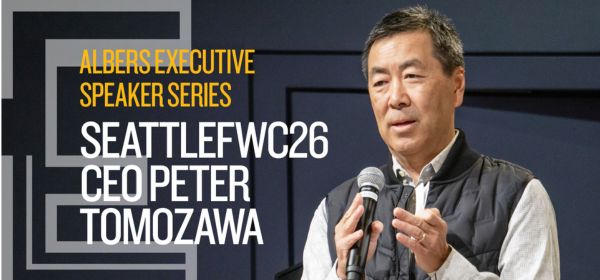
It’s hard to imagine working for 50 years, much less 50 years at the same employer. Rare as that may be, one individual at Albers has done it—Management professor Bill Weis, who is now the longest serving member of the school.
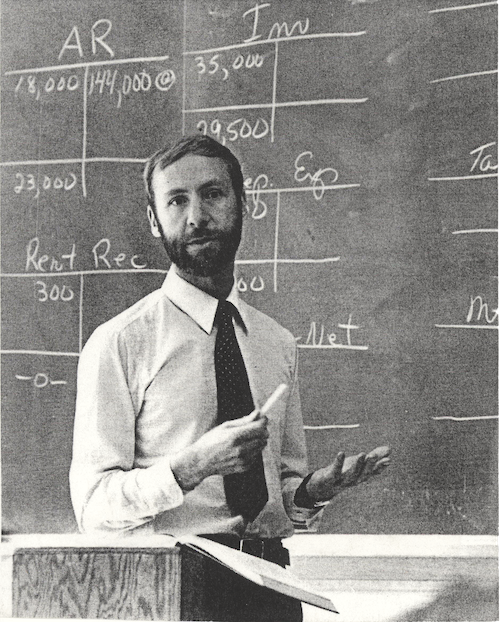 Weis started teaching at Albers in 1973. Prior to this, he taught accounting at community college and worked in public accounting for Ernst & Ernst (now EY) in his native Ohio.
Weis started teaching at Albers in 1973. Prior to this, he taught accounting at community college and worked in public accounting for Ernst & Ernst (now EY) in his native Ohio.
Weis moved to Washington state that year to follow his older brother who had secured a radiology residency at the University of Washington. The 26-year-old interviewed with several schools, found out that there was an open position at Albers, and got the job over the phone.
His timing didn’t seem fortuitous. “It was the middle of the Boeing depression,” Weis recalled. “There was no legitimate work for many people. You saw the carnage of it first-hand. HUD signs on houses all over town.”
“Yet it was still an opportunity to leave northwest Ohio to come to this paradise.”
Weis taught accounting and business statistics (“although I had no business teaching it”) while working on his PhD at UW. What struck him was the maturity of the undergraduate students in his Albers classes. “They were overly experienced. Working. Borrowing money for school. There was a set of older students who needed to do something and didn’t want to leave Seattle.”
Then, things slowly started getting better. Weis said that the new SU president, Father Sullivan, “exuded business sense. He had to make hard decisions. This is a town with enormously talented engineers. So he bet on expansion and growth.”
Tobacco Observer devoted one issue to smearing me. I got phone calls at 4 in the morning. I got threats. I'm just trying to teach accounting.
Bill WeisAlbers’ programs flourished. Accounting became the biggest single-discipline major, from 30 to 170, according to Weis. The Accounting department organized attractive, buzzy dinners at the Hotel Sorrento, which were soon attended by Seattle’s downtown business community.
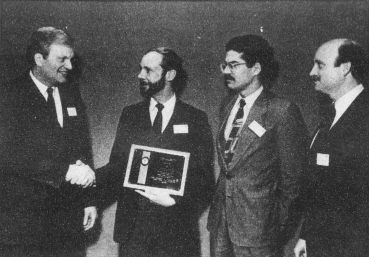 In 1980, Weis achieved tenure and started writing on the costs of smoking in the workplace, a project that would extend for 15 years, including the establishment of the Institute for Occupational Smoking Policy to promote smoke-free workplaces. It is the work he is most proud of in his career.
In 1980, Weis achieved tenure and started writing on the costs of smoking in the workplace, a project that would extend for 15 years, including the establishment of the Institute for Occupational Smoking Policy to promote smoke-free workplaces. It is the work he is most proud of in his career.
It all started with a Wall Street Journal section called the Educational Observer running a contest to come up with novel ideas to improve ROI. Weis wrote in, “Buy a 10 cent no smoking sign.” That was followed by a paper he wrote, ‘Can You Afford to Hire a Smoker?’ Accounting, after all, does keep an eye on cost control.
‘Can You Afford to Hire a Smoker?’ caused a lot of ripples, much more than he had expected. Weis ended up on the front page the Seattle Post-Intelligencer when he spoke at a conference.
Pacific Northwest Bell became the biggest organization in the US to ban smoking in the workplace. The movement began to grow. Other companies that the Institute for Occupational Smoking Policy consulted with that banned smoking were Group Health Cooperative, Unigard Insurance, Safeco, The Seattle times, Radar Electric, and the Continental Inc. Mortgage Company. The photo above shows Bill and his colleagues at the institute accepting an award for their work to banish smoking in the workplace.
“Tobacco Observer devoted one issue to smearing me,” Weis recalled. “The tobacco industry got [biggest advertising agency then] Ogilvy & Mather, with a UCLA scholar, to bring me down. I got phone calls from as far as Texas, asking me what I had to say about what so-and-so was saying about me. I got phone calls at 4 in the morning. I got threats.”
“And I said, I’m just trying to teach accounting!”
In 1984 Weis, who had moved up to chair of the accounting department in 1982, noted in a footnote of a financial accounting publishing book that Italian mathematician Luca Pacioli’s accounting treatise had been published in 1494. The 15th century friar is hailed as the Father of Accounting. This hatched the idea of a Pacioli Quincentennial that would take place in 1994. 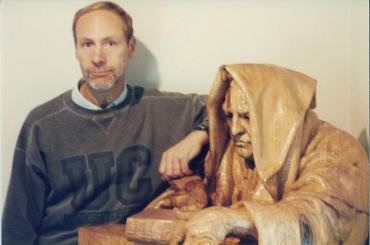
Weis visited Sansepolcro, Italy, Pacioli’s hometown, in January 1987, to explore the roots of Pacioli’s influence. Around the same time, he spent several summers performing with the Coeur d’Alene Summer Theatre in Idaho which led to his co-founding the Leavenworth Summer Theater in 1994.
The Sansepolcro trip and his newfound passion for acting may have inspired the idea of creating a documentary about the friar in tandem with starting a Pacioli Society. The story behind the video is legendary, from how he and Accounting Professor Dave Tinius tried to raise funds for it—they approached the big eight accounting firms and persuaded four to donate $125K—to how it was filmed—the group had no filming permit due to the cost and had to scramble to avoid the Italian police.
Weis narrated the documentary, which was completed in 1992, and acted in it; you can watch it on YouTube below. “We could probably have brought world peace with the effort we put into Luca Pacioli,” Weis observed.
We could probably have brought world peace with the effort we put into Luca Pacioli.
Bill WeisThe Pacioli Quincentennial in 1994, which included a special study-tour course in marketing, sowed the seeds for 17 consecutive years of offering the Italy Study Tour to Seattle University students which, at its peak, hosted 65 participants.
A year before that, Weis offered an ‘Adventure Based Leadership’ course to graduate students in the summer, beginning a three-year experiment of experiential training. Students were taken to challenge course and gave it rave reviews in their exit interviews.
In 1995, he became the director of the MBA program and chaired the MBA revision committee. The new program would have a required intake course, MBA 510, Leadership and Team Development, which built off the Adventure Based Leadership Course. At its peak, it was offered 11 times a year with an average of 28 students per class and was taken by grad students across multiple SU programs. Research on retention rates four years before MBA 510 was offered and four years after it was implemented showed dramatically improved retention rates.
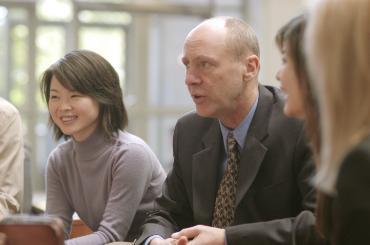 “It helped foster bonds,” Weis said. “It was a huge gift to the MBA program. It should be part of what we do.”
“It helped foster bonds,” Weis said. “It was a huge gift to the MBA program. It should be part of what we do.”
In 2002, the Italy Study Tour was supplemented by a new offering, the Alpine Afterglow, for students who wanted to hike in the Italian Dolomites after the regular study tour. It morphed into what we now know as the Dolomites Program, which was the first course on ‘Leading with Emotional Intelligence’.
In 2019, Weis partnered with Hartley McGrath to organize a 25th year anniversary of the Italy Study Tour in Sansepolcro. After a brief break due to COVID, the Italy Study Tour, with McGrath and Marketing instructor Andrea Holtan at the helm, is now part of the Study Abroad offerings of Albers. In 2022, the Dolomites program celebrated its 21st year.
As if all that didn’t keep him busy enough, Weis has been part of an a-cappella group called KlapaDooWopella. The quartet specializes in traditional Croatian ‘klapa’ singing and perform at festivals, restaurants, and coffee houses. You can listen to a playlist of their 2004 album on Spotify.
Weis was feted by Albers alumni, faculty, and staff at a 50th year celebration on May 19th. When asked what made him stay put for so long, he said the key reason was the freedom to pursue his interests and passions.
“I had the flexibility to explore areas that were not academic. I published all over the map. I shifted from business statistics to emotional intelligence. I didn’t get stuck.”
“This,” he said, waving around his office filled with his work, journals, photographs, souvenirs, and memorabilia, “is a good place. Where else would I want to be?”
